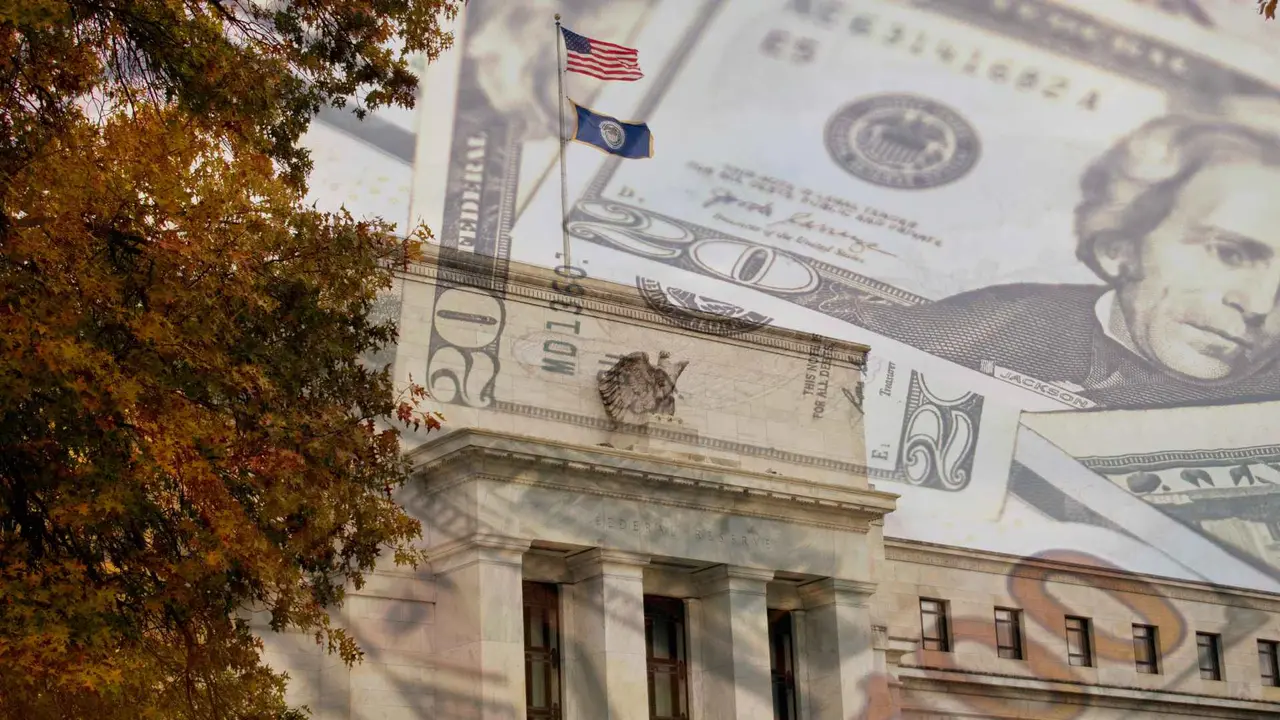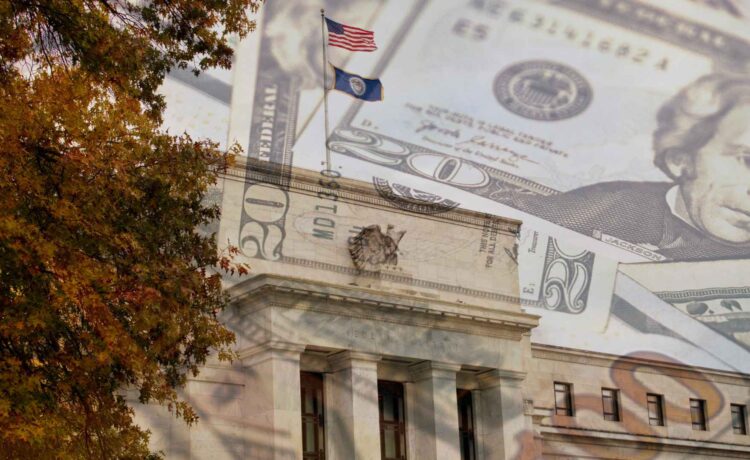
Douglas Rissing / Getty Images/iStockphoto
Over the last couple of years, the U.S. has been on an inflation rollercoaster. In June 2022, inflation peaked at 9.1% — a high not seen since 1981. Inflation has significantly come down since then; in December 2023, it was at 3.35%. Now the big question is: Will inflation go up or down in 2024?
Though it looks like inflation probably will subside this year, only time will tell if that’s definitely the case. Assuming a worst-case scenario (elevated inflation rates), what would that mean for your investments and the stock market at large?
GOBankingRates spoke with finance experts to get the lowdown on what will happen to your investments if inflation goes up in 2024.
There Would Be Elevated Volatility and Risk
As AJ Giannone, CFA and chief investment officer at Allio, sees it, the Fed will keep policy rates well into restrictive territory and rate cuts will fall off the table.
“Additionally, the Fed will likely roll back its estimates of when they’re planning to reduce their balance sheet reduction program, known as quantitative tightening,” Giannone said. “This would force the market to re-price the entire risk asset spectrum, which would almost definitely result in elevated volatility and swings in investor sentiment, exacerbating potential risks.”
The Value of Bonds Could Decrease
When inflation goes up, interest rates usually follow in the same direction. When this happens, the value of existing bonds can decrease.
“This is because new bonds will likely offer higher yields, making existing bonds with lower rates less attractive,” Giannone said. “For client portfolios, this means a potential decrease in the value of fixed-income investments. We’re recommending clients hedge with TIPS (Treasury Inflation-Protected Securities) that currently offer an attractive real yield and would benefit from an uptick in inflation expectations.”
Money Market Funds May Outperform
If looking for an asset that is known for its stability amid turbulent times, consider money market funds.
“Given ultra low risk of loss of principal and escalating income generation on the back of higher rates, money market funds can outperform in inflationary periods,” said Daniel Dusina, CFA, chief investment officer at Blue Chip Partners. “The distribution rate of money market funds is variable; and, as the Fed raises interest rates to combat inflation, the income produced would grow.”
Precious Metals May Underperform
“I would expect precious metals such as gold and silver to underperform money market funds,” Dusina said. “Although precious metals can provide stability, they are not income-producing assets. Money market funds provide both stability and income, the latter of which would increase in line with interest rates.”
The Stock Market Performance Will Be Mixed
During periods of high inflation, the stock market can be a little more difficult to navigate, but investors should look to companies that are well established as hugely profitable.
“In an inflationary environment, I generally expect companies that are profitable and have a high degree of pricing power to outperform the broader domestic equity market,” Dusina said. “Investors would look to these stocks given better insulation from inflationary pressure.”
But that’s looking at it from only one angle.
“On the other side of the spectrum, companies that are unprofitable and have a large amount of [stock] value predicated on potential future profitability would be expected to underperform, in my view,” Dusina said. “Higher borrowing costs can impede on unprofitable firms’ ability to service debt and grow.”
Consider Real Assets (Like Real Estate), Which Can Hedge Against Inflation
“Real” assets such as real estate and commodities can be strong hedges against inflation — so investors should strongly consider these vehicles.
“They can increase in value or provide returns that are in line with inflation,” Giannone said. “Adding or increasing allocation to these assets could be beneficial for diversifying and protecting the portfolio against inflation.”
Ultimately, high inflation can wreak some havoc on the economy that can in turn impact investors — but there are ways to keep yourself safe.
“The best way to protect yourself is to proactively structure your portfolio to include a prudent allocation to inflation-mitigating assets, such as floating-rate bank loans, real estate and growth-oriented equities,” said Thomas J. Brock, expert review board member at Credello. “These assets have a high probability of generating more income and/or experiencing meaningful valuation increases in the face of rising prices.”
More From GOBankingRates
Source link
















